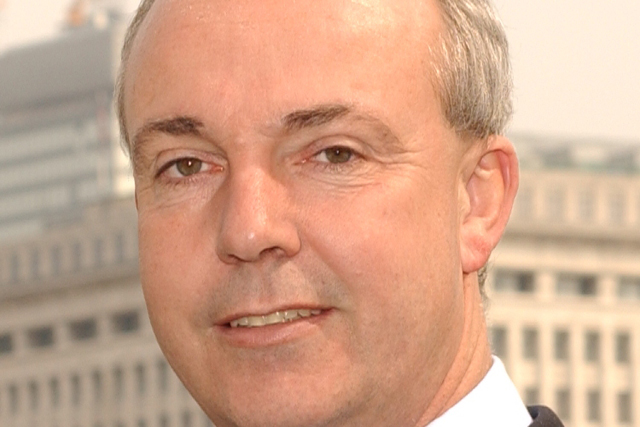There is little doubt that ethical marketing is becoming the norm rather than the exception.
Big brands are expected to have clear ethical promises woven into their marketing, PR and core business plans, while there is a growing pressure on smaller brands to do the same.
The supply chain is key to this ethical promise. Who can forget the high profile PR disasters surrounding the working conditions of factories connected to Gap and Nike?
The past decade has attuned businesses to the consequences of an unethical supply chain, yet up to now the debate has been focused on the softer elements of PR, marketing and brand perception.
The challenge now - especially for the retail sector which faces an ongoing battle against plummeting sales figures - is to translate those concerns into a bottom line saving.
Marks & Spencer has been ahead of the curve in this respect - dedicating resources to developing and communicating an ethical supply chain.
Initiatives such as the - promote positive consumer behaviours but also allow the business to profit from both an image boost and by encouraging consumers to spend more in its stores.
Brands can also benefit from using the ethical credentials of their supply chain to distance themselves from the competition.
A good example of this is Nike’s recent plan to eliminate hazardous chemicals from its supply chain following pressure from Greenpeace.
Rival Adidas was slower to move and, as Greenpeace continued to pile on the pressure, Nike succeeded in "giving Adidas a good thrashing in the Greenpeace ‘detox’ challenge", as Martin Hojsik, co-ordinator of the Greenpeace campaign, commented.
An ethical supply chain can increase a company’s bottom line through areas of the business not usually associated with ‘brand’ issues.
For example a brand’s regulatory compliance regime could include meeting the requirements set out in legislation like the EU Flegt law, which requires companies to exercise due diligence to minimise the risk that products made from illegally logged timber reach the market.
The more recent - an ethically robust supply chain will help ensure that the business’ cashflow isn’t dealt a fatal blow by a heavy fine.
At the sharp end of the market, the debate rages on as to whether ethically sourced products cost more and whether it is acceptable to pass that price hike down to the consumer.
A survey of 31,000 people across 21 European countries suggests that while most consumers purchasing ethically come from a higher social class, those boycotting certain brands for ethical reasons come from all class backgrounds.
This gives weight to the argument that while brands will actively win over only a certain proportion of consumers with their ethical promises, dismissing the importance of an ethical supply chain could drive a brand’s entire customer base away and so result in a catastrophic loss of revenue.
On the British high street, brands such as New Look and H&M emphasise their commitment to ethical trading and work this into their strategy of undercutting many of their competitors on price.
While a slow process, a sea change in the market means that brands must build and promote their ethical supply chain.
A balanced approach that weaves ethical credentials into a brand’s existing business model will not only give it a boost in terms of consumer perception, it will also help the company achieve bottom line profit.


